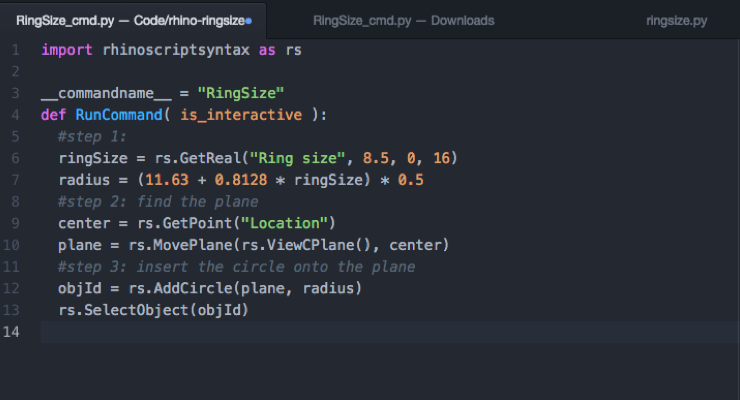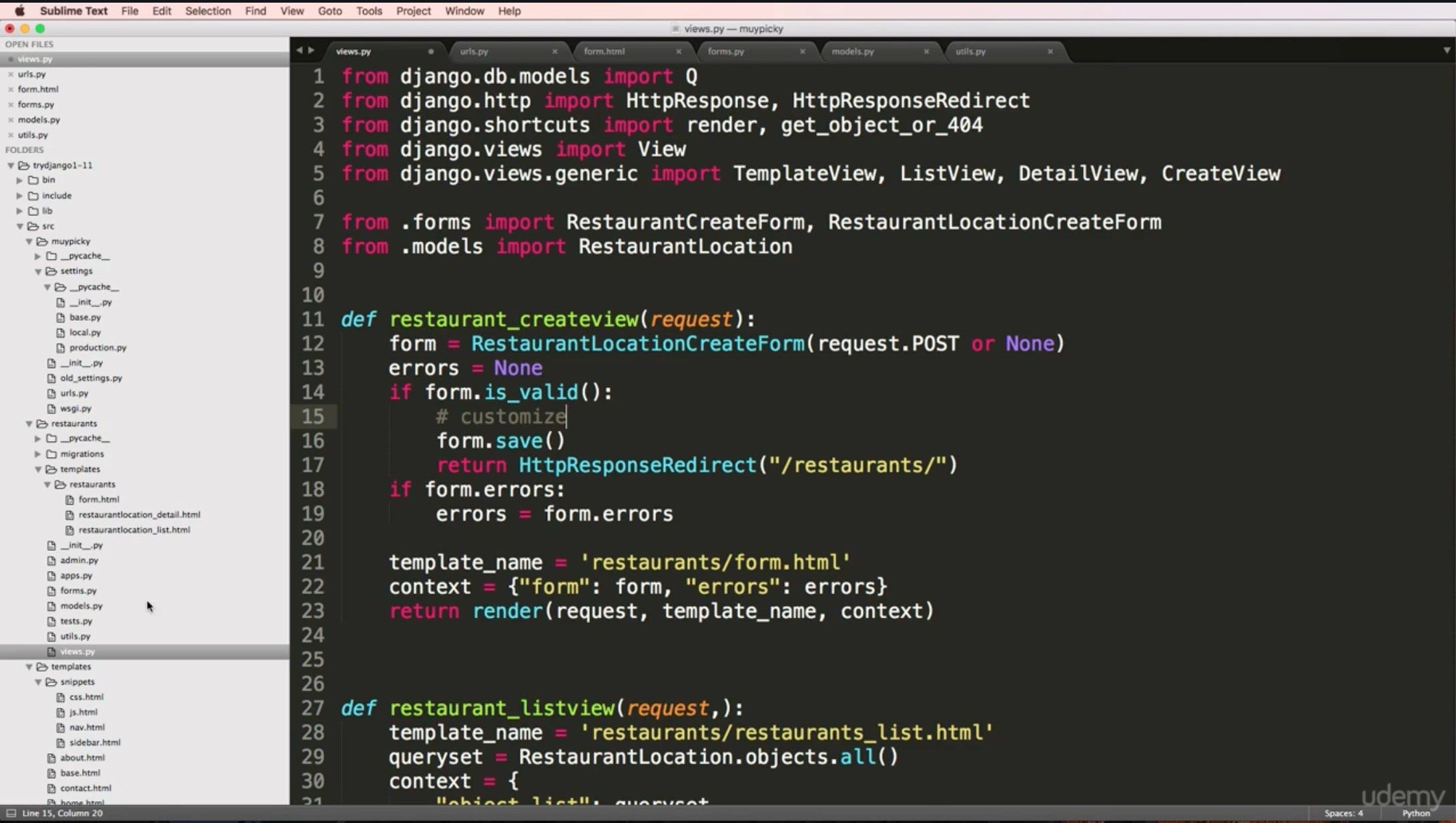
PYTHON FASTSCRIPTS INSTALL
I would advice to install only the docker CLI, the desktop is too much bloat for me.
PYTHON FASTSCRIPTS MAC
In Linux and Mac it is relatively easy, in Windows I am not so sure but probably not difficult as well.

To use Docker, you need to have it installed. It also has images for release candidates such as version 3.11. Naturally all supported version, but also some versions that are end-of-life (EOL) such as 2.7 or 3.2. The easiest way to test multiple versions of Python is to use Docker. This script is ready to run, however we want to use it to test various versions of Python, not only the currently installed (or activated) version. This is a bit more clear in the equation: The ratio between the points that are on the circle and the points on the square (read: all points) is an approximation of the ratio of area, which we can use to approximate Pi.
PYTHON FASTSCRIPTS GENERATOR
Now we take a random number generator that generates numbers on a plane. We have a square of size 2r and in this square we fit a circle of radius r. The idea of this algorithm is simple but the first time a saw it during some mathematics course at the University it blew my mind. With this in mind, I want to present the algorithm I used to benchmark: the estimation of Pi using a Monte Carlo method. For our benchmark it is a bit simpler as we are testing Python against Python, but we might have selected elements from the language that are only marginally effected.


One implementation of an algorithm can be better of x while another is better on y. When you read x is faster than y, you should always take the result with a grain of salt. Benchmarking a programming language is not trivial at all. join (planePath, 'xfse_alias.txt' ) if ( os. dirname (raw_PlanePath ) print " Change alias ("+alias+ ", "+planePath+ ")"ĪliasFile = os. Raw_PlanePath = XPLMGetNthAircraftModel ( 0 ) append ( (btnId, elements ) )ītnId =btnId+ 1 return 0 print " Reading config failed" return 0 # def changeAlias ( self, alias ): MenuId, elements + " | "+pax+ " pax", btnId, 1 ) self. MenuId = XPLMCreateMenu ( self, elements, self. there are more aircrafts defined in the config!", btnId, 1 ) LineCount =lineCount+ 1 if lineCount> self. split ( "," ) # trim all elementsĮlements = aliasFile for line in lines:Įlements =line. ParentId, "Reload aircraft aliases", 100, 1 ) ParentItem = XPLMAppendMenuItem (XPLMFindPluginsMenu ( ), self. # XPLMFindPluginsMenu (menubar XP) # - ParentItem (= FSE aliases) # - ParentId (= menu of plugin) # - MenuItem (= options + aliases) if initial = 0: changeAlias (entry ) return 1 return 0 # read config file def readConfig ( self, initial ): readConfig ( 1 ) return 1 for entry in self. Print " XFSEMenuHandler: MenuRef="+ str (inMenuRef )+ " ItemRef="+ str (inItemRef ) if inItemRef = 100: #reload config self.

Pass # Menu Handler def XFSEMenuHandler ( self, inMenuRef, inItemRef ): Pass def XPluginReceiveMessage ( self, inFromWho, inMessage, inParam ): join ( 'Aircraft', 'FSE_aliases.txt' ) self. Import time import os # the main plugin interface class class PythonInterface: # Creates a menu from which you can select the alias to use for your plane with FSE # The file with the aliases can be found in the aircraft folder: FSE_aliases.txt # from XPLMDataAccess import *


 0 kommentar(er)
0 kommentar(er)
